Landmark women’s health study led by Fred Hutch is targeted for cancellation by feds
The Trump administration is taking steps to cancel an historic women-focused health initiative that includes multiple institutions and is overseen by Seattle’s Fred Hutch Cancer Center. The Women’s Health Initiative (WHI) launched in 1991 and was the first National Institutes of Health program targeting women’s health needs, according to the journal Science. It remains the largest U.S. effort of its kind. Initiative researchers learned Monday that the Department of Health and Human Services is terminating contracts for the program’s regional centers in September. Support for Fred Hutch, which is the WHI clinical coordinating center, is continuing operations until January 2026,… Read More


The Trump administration is taking steps to cancel an historic women-focused health initiative that includes multiple institutions and is overseen by Seattle’s Fred Hutch Cancer Center.
The Women’s Health Initiative (WHI) launched in 1991 and was the first National Institutes of Health program targeting women’s health needs, according to the journal Science. It remains the largest U.S. effort of its kind.
Initiative researchers learned Monday that the Department of Health and Human Services is terminating contracts for the program’s regional centers in September. Support for Fred Hutch, which is the WHI clinical coordinating center, is continuing operations until January 2026, “after which time its funding remains uncertain.”
More than 161,000 women participated in early WHI studies. Some 42,000 women aged 78 to 108 are currently enrolled in the research and have been involved with the project for decades. The work has produced the largest U.S. data set on women in their 80s and 90s.
Over more than three decades, WHI researchers have performed groundbreaking work, helping reduce rates of cancer and cardiovascular disease, and produced 2,400 scientific publications. The initiative has tackled breast cancer, bone disease and osteoporosis, and treatment for menopause.
The Trump administration is slashing funding for science research across disciplines in an effort to reduce federal budgets. Earlier this month, the administration confirmed that it aims to cut contracts with the Department of Health and Human Services by 35%. The department includes NIH, Centers for Disease Control and Prevention, the Food and Drug Administration, the Centers for Medicare and Medicaid Services and other agencies.
Andrew Nixon, spokesperson for the Department of Health and Human Services, told Science that he was “looking into” the cancellation of WHI.
In addition to the Fred Hutch’s oversight role, the four regional centers participating in WHI are Stanford University, University of Buffalo, Ohio State University and Wake Forest University in North Carolina.
WHI leaders said in statement that the initiative provides “a unique and comprehensive resource for studying disease risks, early detection, prevention, and aging-related health outcomes.”
If the funding ceases, they continued, “it would greatly reduce access to WHI’s unparalleled high-quality women’s health dataset and biorepository, and thus opportunities for new discoveries and future scientific advancements.”
WHI’s annual funding is currently just under $10 million, Science reports.














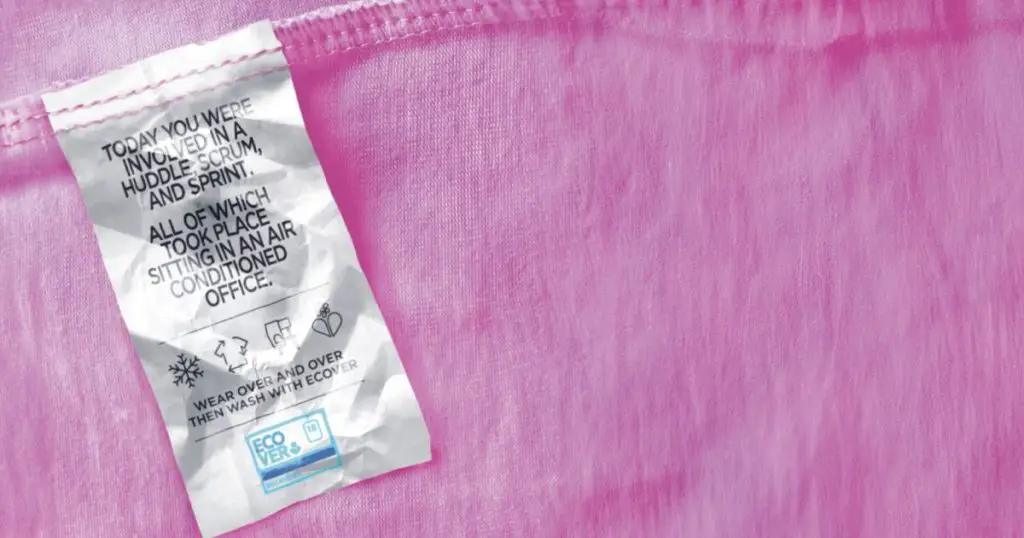









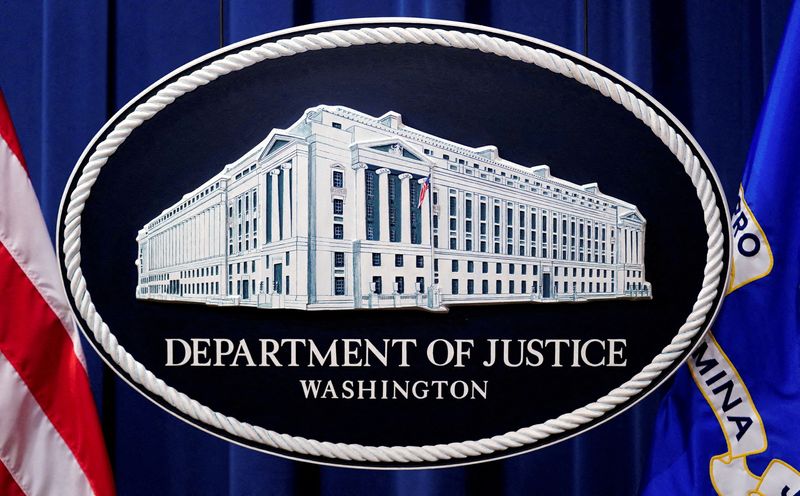




















































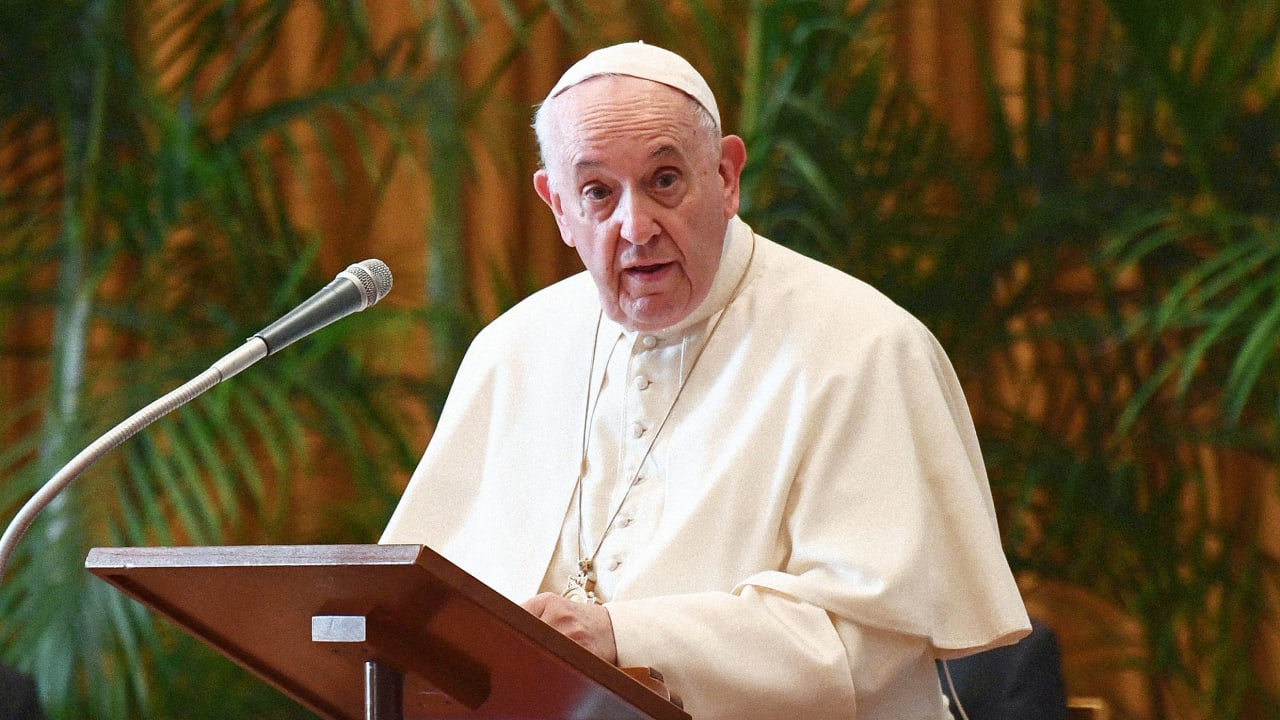











































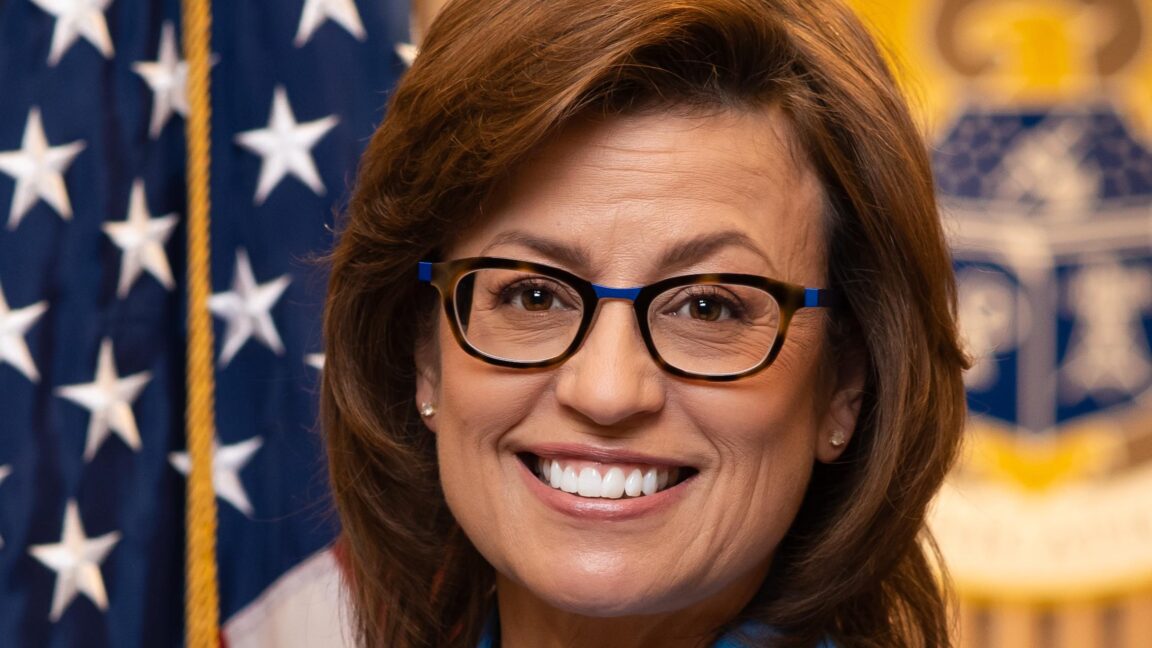
















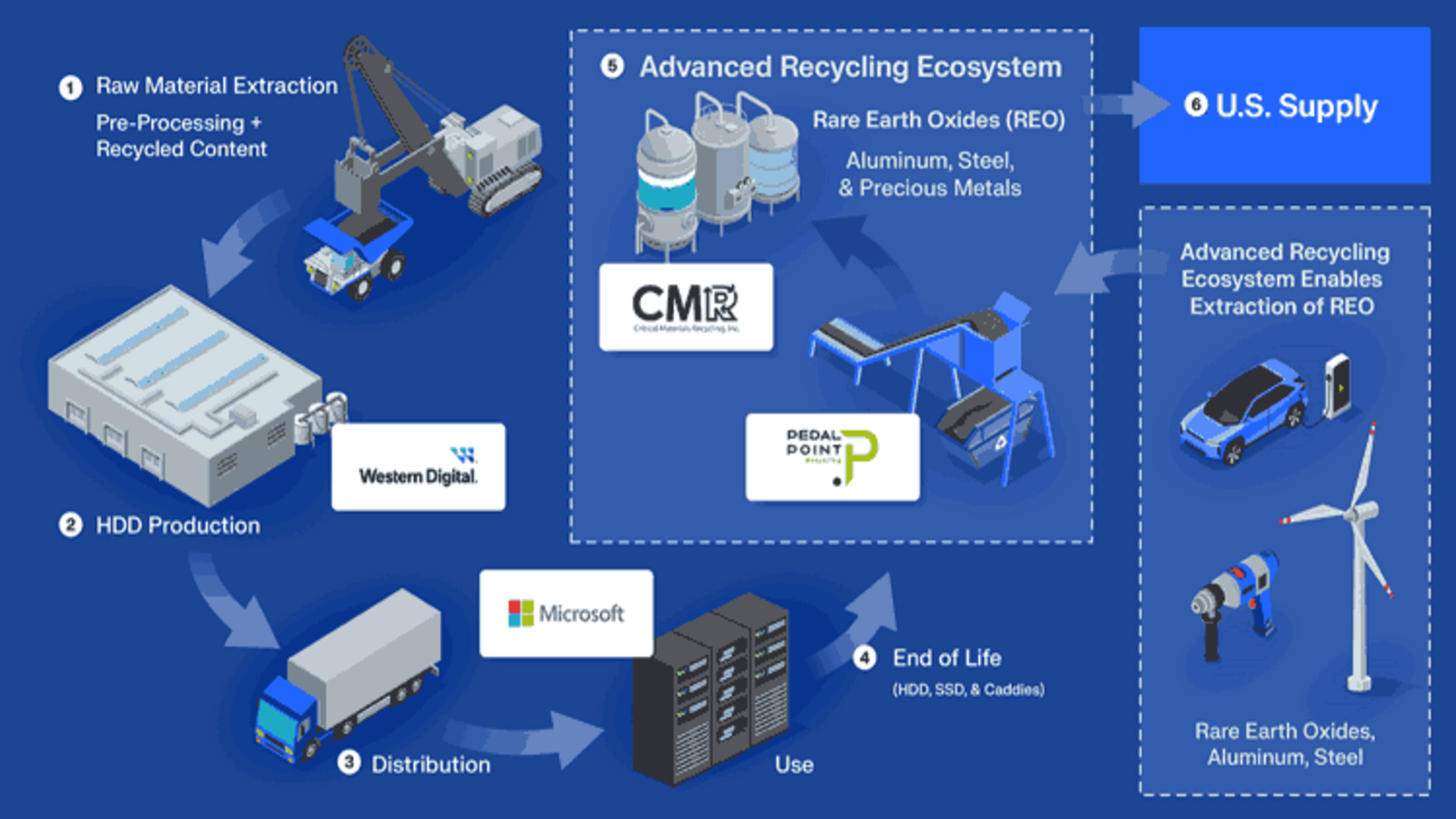























































![How to Find Low-Competition Keywords with Semrush [Super Easy]](https://static.semrush.com/blog/uploads/media/73/62/7362f16fb9e460b6d58ccc09b4a048b6/how-to-find-low-competition-keywords-sm.png)
